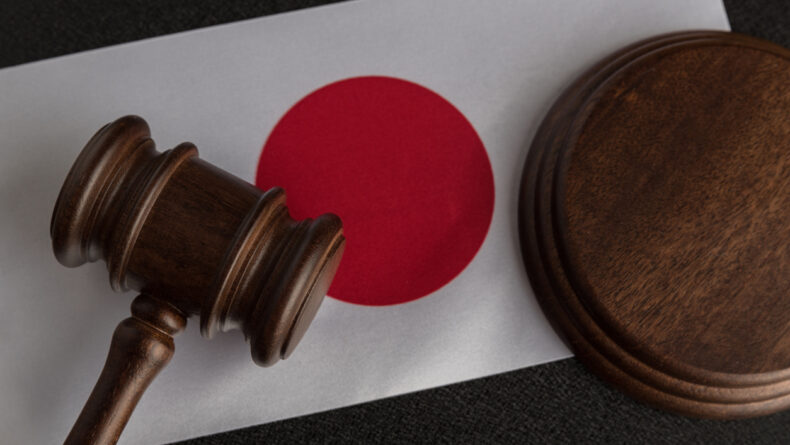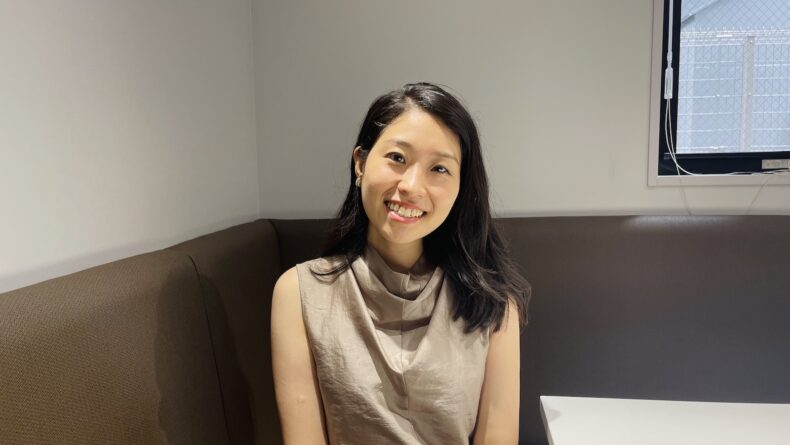How Did Women’s Empowerment in Japan Unfold in 2024?
Relive last year’s highs and lows for gender equality in Japan
Whether in the worlds of law, business, sports or politics, Japanese women took great strides in 2024. Let’s learn about last year’s successes and challenges below!
Whether it’s discussing laws holding modern women in Japan back or finding local events to celebrate International Women’s Day, Savvy Tokyo is always in tune with women’s issues and empowerment in Japan.
The start of a new year often brings reflections on the last one. Last year, we did a whiplash summary of women’s empowerment in Japan in 2023. This time, we’re back with a look at the people and moments that impacted women’s lives in 2024. There were ups and downs and plenty of challenges that women continue to navigate. Let’s take a look at a few highlights from last year.
Women’s Empowerment in Japan: Victories
 © Photo by iStock: AEKACHAI LUNGMIN
© Photo by iStock: AEKACHAI LUNGMINDespite Japan’s poor performance in global gender equality indexes, there were some significant advancements for Japanese women in 2024.
Women in the Legal World
Japanese women made strides in the legal world in 2024. For the first time in history, women made up more than 30% of successful applicants for the Japanese bar exam. This ratio has gradually increased since the introduction of the exam in 1949. Approximately 20% of applicants who passed were women in the 1990s, while the 2020s have seen an increase to around 25% annually.
These first steps into the novice ranks of the legal profession have a parallel at its upper echelons. In February, Fuchigami Reiko became the first female president of the Japanese Federation of Bar Associations. A few months later, Unemoto Naomi earned the position of Prosecutor-General.
Choosing Surnames
According to the Japanese Civil Code, couples who get married in Japan must choose a single surname. A government survey from 2022 found that over 95% of women choose their husband’s surname. Consequences for women can include additional administrative burdens and mental stress over changes in one’s identity.
But, 2024 saw growing support that brought us closer to a change. Several business groups, including the Japan Association of Corporate Executives and the Japan Business Federation, independently supported dual-surname use for married couples. In October, the UN Committee on the Elimination of Discrimination against Women once again urged the Japanese government to change the law, citing ideals such as equality between marriage partners in names and occupations. Opinion polls also show growing support with over 80% of university students and 73% of the public in favor of a change.
Japanese Women in the World
Shogun was one of the most critically acclaimed television series of 2024. Sawai Anna, one of its female leads, was presented with an Emmy Award for Outstanding Leading Actress in a Drama. Sawai was the first Japanese woman to win that honor in Emmy history.
There were plenty of other firsts for Japanese women at the 2024 Paris Olympics. Kitaguchi Haruka won gold in javelin and Yuasa Ami earned the top spot at the inaugural breakdancing event. Meanwhile, the women’s fencing team scored a bronze, the first time Japan has stood on the fencing podium.
Women’s Empowerment in Japan: Continuing Challenges
 © Photo by iStock: maruco
© Photo by iStock: marucoWhile we celebrate the victories of Japanese women at home and abroad, we should also remember the ongoing battles.
Women Running for Political Office
Fall 2024 was election season in Japan. Following the scandals that rocked the ruling LDP party, newly appointed Prime Minister Ishiba Shigeru called for a general election. All seats in the House of Representatives (lower house) were up for grabs.
Under the government’s Basic Plan for Gender Equality, female candidates should make up 35% of electoral candidates. Although this election marked a record high of 23.4%, it was still well below the target goal. Also, looking at each individual party, only two had 35% female representation among their candidates: the Japanese Communist Party (37.3%) and Sanseido (37.9%).
Japan continues to rank poorly among its peers in female elected officials. In a report conducted by the government’s Gender Equality Bureau, women comprised 11% of the House of Representatives and 26.4% of the House of Councillors (upper house). Out of 186 countries, Japan would rank 139th and 90th, respectively.
Women in Managerial Positions
It was another record-breaking year for Japanese women in managerial positions. In a survey of over 27,000 companies across the country, Teikoku Database found that 10.9% had women managers. Since 2013, when data on gender and management was first collected, that proportion has risen by about 1% annually.
While the increase is certainly welcome, the data show that Japanese companies still have a lot of work to do to reach the government’s goal of 30%. In the World Economic Forum’s annual 2024 Global Gender Gap Report, Japan was ranked 120th out of 146 countries in economic participation and opportunity. For Asian and Pacific countries, Japan was the lowest for female representation in business leadership positions at 14.6% and the Philippines was first with 48.6%.
The Gender Gap
The gender gap in Japan has been well documented from the yearly Global Gender Gap Report to the World Bank’s Gender Data Portal. But, near the end of last year, the Ministry of Health, Labor and Welfare published a report on the wage gap between men and women not only in Japan as a whole but also in each prefecture.
The national average for wages earned by women relative to men was 74.8%. This is well below the average of 88% among member nations of the Organization for Economic Cooperation and Development (OECD). Zeroing in on individual prefectures, Tochigi had the largest gap with women making only 71% of men’s wages, while Kochi women fared the best at 81%. Rounding out the five prefectures with the smallest discrepancies were Iwate, Nagasaki, Akita and Nara. Meanwhile, Aichi, Tokyo, Nagano and Ibaraki join Tochigi as prefectures with the worst ratios for female wage earners.
Where Do We Go From Here?
 © Photo by iStock: Jacob Wackerhausen
© Photo by iStock: Jacob WackerhausenFrom women earning the right to vote to the passing of the Equal Employment Opportunity Law, government officials had to sign off on making significant changes in the lives of women in Japan. But these milestones and the everyday victories that take place throughout the country begin with ordinary people.
With public opinions shifting on topics affecting women towards more progressive stances including dual surnames and LGBTQ issues, the future may be a site for hope after all.
How do you think 2024 was for women’s empowerment in Japan? We’d love to hear your thoughts in the comments below!
















Leave a Reply